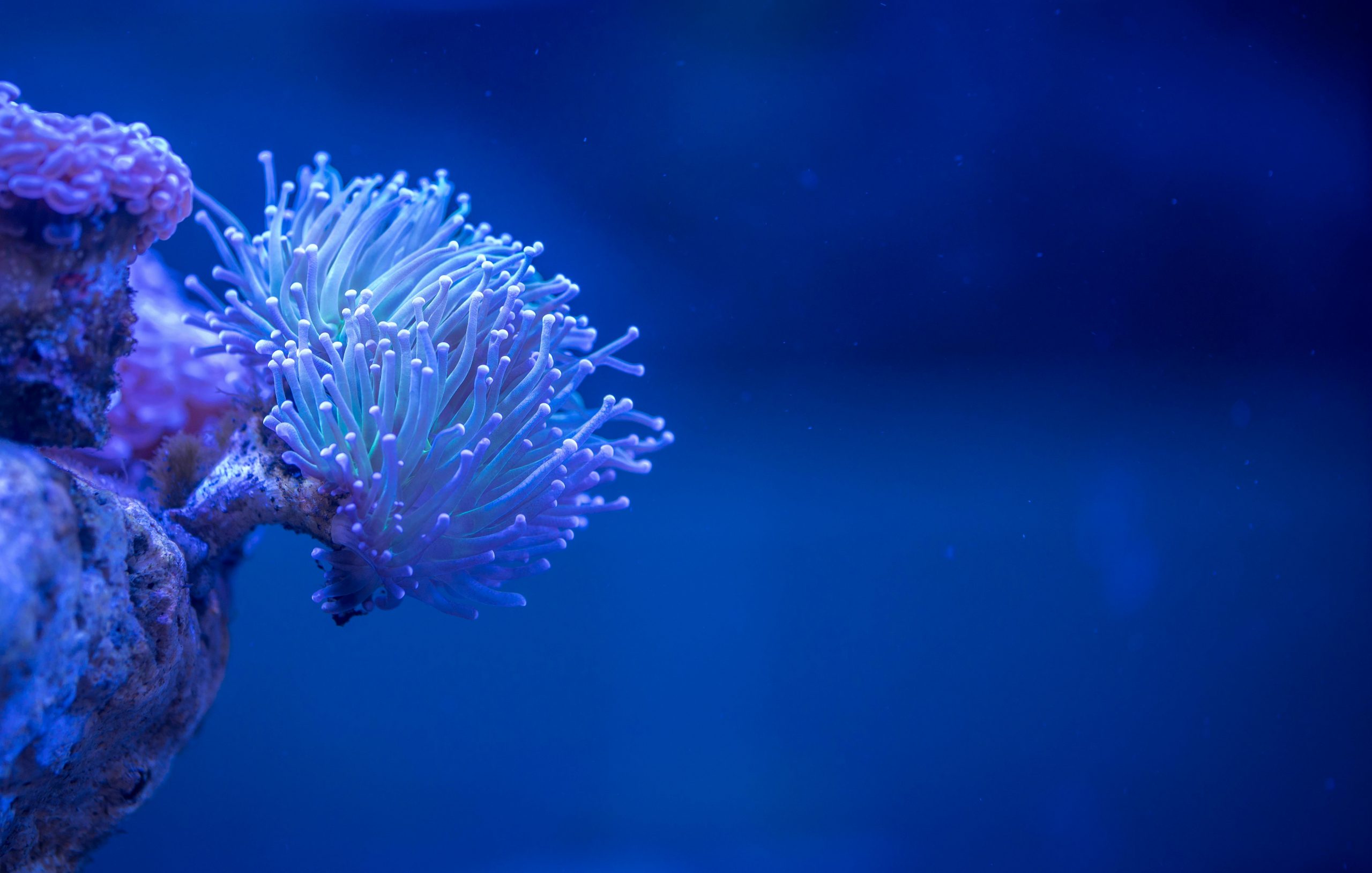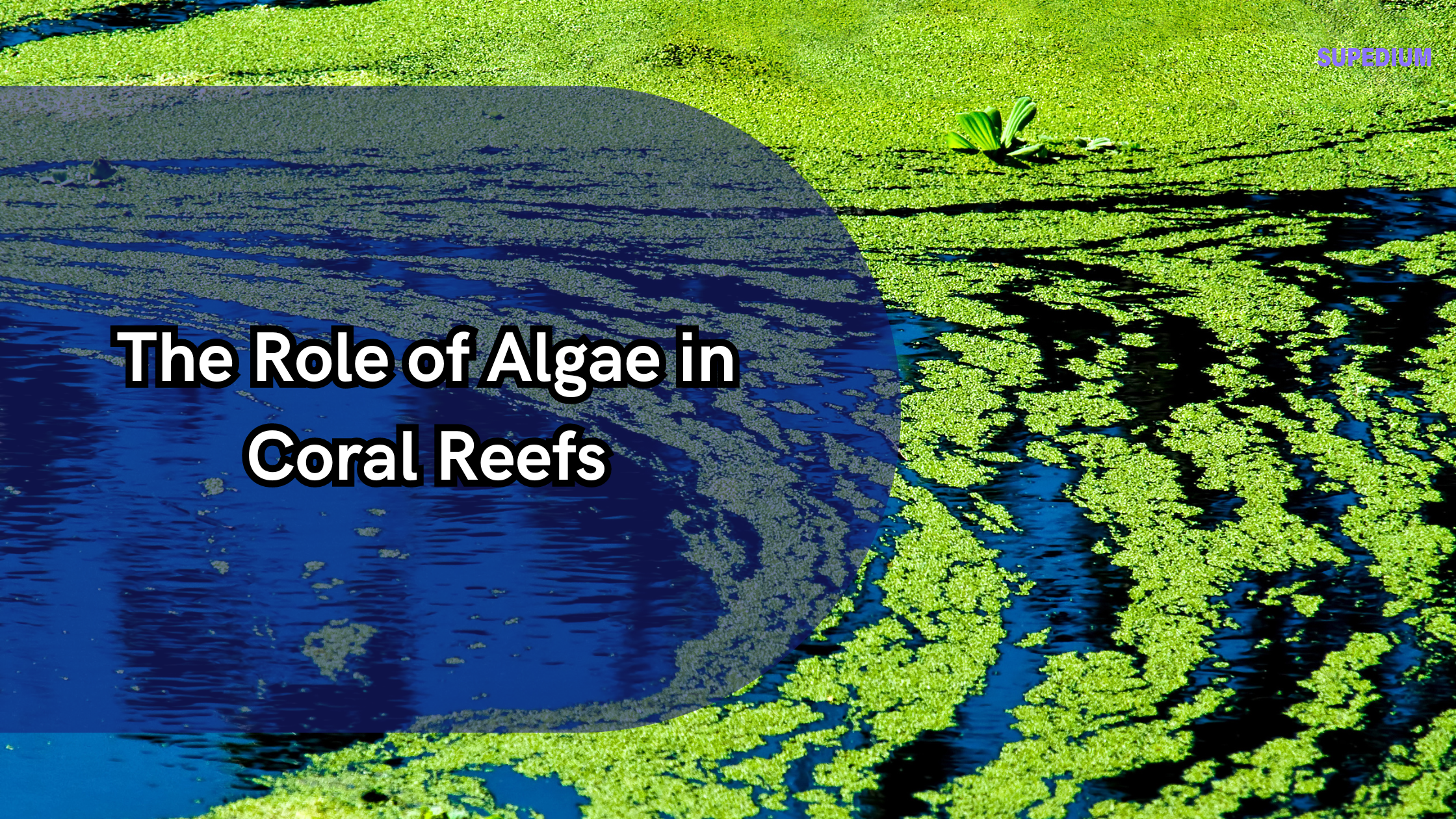Table of Contents
![]()
A reef aquarium is a captivating way to bring the beauty of underwater ecosystems into your home. These miniature marine environments, designed to replicate coral reefs, have become increasingly popular among aquarium enthusiasts. While they offer a host of benefits, including aesthetic appeal and educational value, they also come with certain drawbacks. This article explores both the advantages and disadvantages of maintaining a reef aquarium to help you decide if it’s the right choice for you.
Pros of a Reef Aquarium
1. Aesthetic Appeal
One of the most compelling reasons to set up a reef aquarium is its breathtaking beauty. A well-maintained reef tank is a vibrant spectacle of color, featuring an array of marine life such as corals, fish, and invertebrates. The dynamic interaction between these elements can create a visually stunning environment that mimics the natural splendor of coral reefs. The intricate patterns and vivid hues of coral and marine species contribute to an ever-changing underwater landscape that can be a focal point of any room.
2. Educational Value
A reef aquarium offers significant educational benefits. It provides a unique opportunity to observe and learn about marine ecosystems firsthand. Enthusiasts can gain insights into the behaviors of marine species, the symbiotic relationships between different organisms, and the complexities of reef ecology. For families and educators, a reef tank can serve as an interactive tool to teach children and students about marine biology, ocean conservation, and the importance of preserving natural habitats.
3. Therapeutic Benefits
Many people find that maintaining a reef aquarium has therapeutic effects. The calming influence of watching marine life glide through a coral reef can help reduce stress and promote relaxation. The rhythmic movement of fish, the gentle sway of coral, and the soothing sounds of the water create a meditative atmosphere. This tranquility can be a welcome respite from the hustle and bustle of daily life, offering a moment of serenity and reflection.
4. Biodiversity
A reef aquarium supports a diverse array of marine life, from colorful fish and graceful sea anemones to intricate corals and crabs. This biodiversity not only enhances the visual appeal of the aquarium but also fosters an appreciation for the complexity of marine ecosystems. By setting up a reef tank, hobbyists can contribute to the conservation of marine species and become more engaged in efforts to protect natural coral reefs. The interest generated by reef aquariums can also lead to greater support for marine conservation initiatives.
Cons of a Reef Aquarium
1. High Initial Costs
One of the major drawbacks of setting up a reef aquarium is the substantial initial investment. The cost of equipment such as the tank, filtration system, and specialized lighting can be significant. Additionally, purchasing live rock, coral, and marine life adds to the expense. High-quality equipment and live organisms are essential for maintaining a healthy and thriving reef environment, which can make the upfront costs quite steep.
2. Ongoing Maintenance
Reef aquariums require regular and meticulous maintenance to ensure the health of the marine life and the stability of the ecosystem. Routine tasks include testing water quality, performing water changes, and cleaning equipment. The process of maintaining optimal water conditions, such as temperature, salinity, and nutrient levels, demands time and effort. Neglecting these responsibilities can lead to imbalances that may harm or even kill the marine inhabitants.
3. Complexity of Care
Maintaining a reef aquarium is not without its challenges. It requires specialized knowledge and skills to manage the complex needs of the various organisms within the tank. Hobbyists must be adept at diagnosing and addressing issues related to water chemistry, diseases, and compatibility between species. The intricacies involved in caring for a reef tank can be overwhelming for beginners and may necessitate ongoing learning and adaptation.
4. Environmental Impact
Another important consideration is the environmental impact associated with reef aquariums. There are ethical concerns regarding the collection of marine life from natural reefs, as it can contribute to the depletion of these delicate ecosystems. Additionally, the trade of live coral and marine species may involve practices that harm coral reefs and disrupt local marine environments. Responsible aquarium management includes sourcing organisms from sustainable and ethical suppliers and supporting conservation efforts aimed at protecting natural reefs.
Conclusion
In summary, reef aquariums offer a remarkable blend of beauty, education, and therapeutic benefits, making them an attractive choice for many enthusiasts. However, they also come with significant costs, maintenance requirements, and ethical considerations. Prospective reef aquarium owners should weigh these factors carefully to determine if the rewards outweigh the challenges. By understanding both the advantages and disadvantages, you can make an informed decision and ensure that your reef aquarium is a rewarding and responsible addition to your home.
Share This



